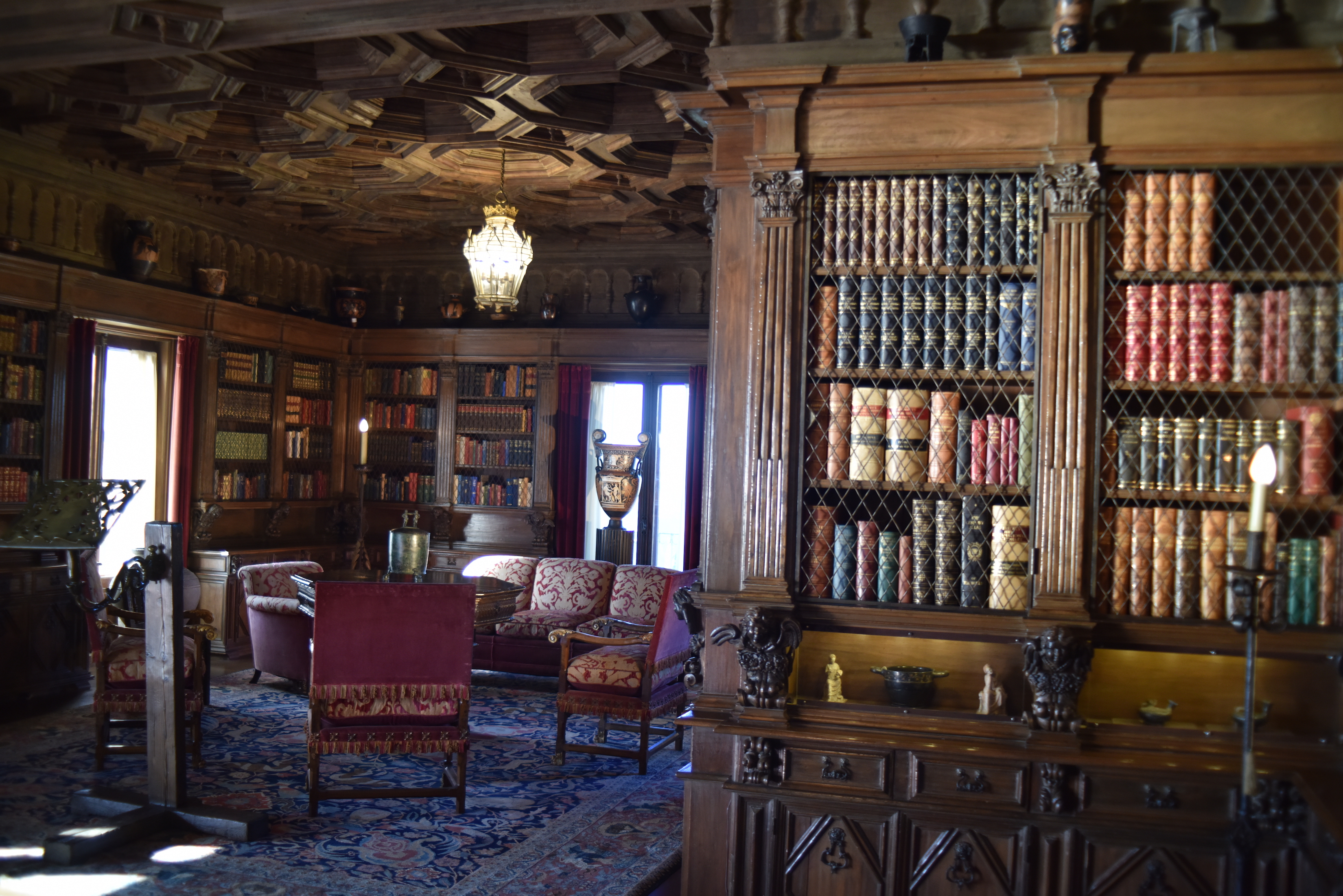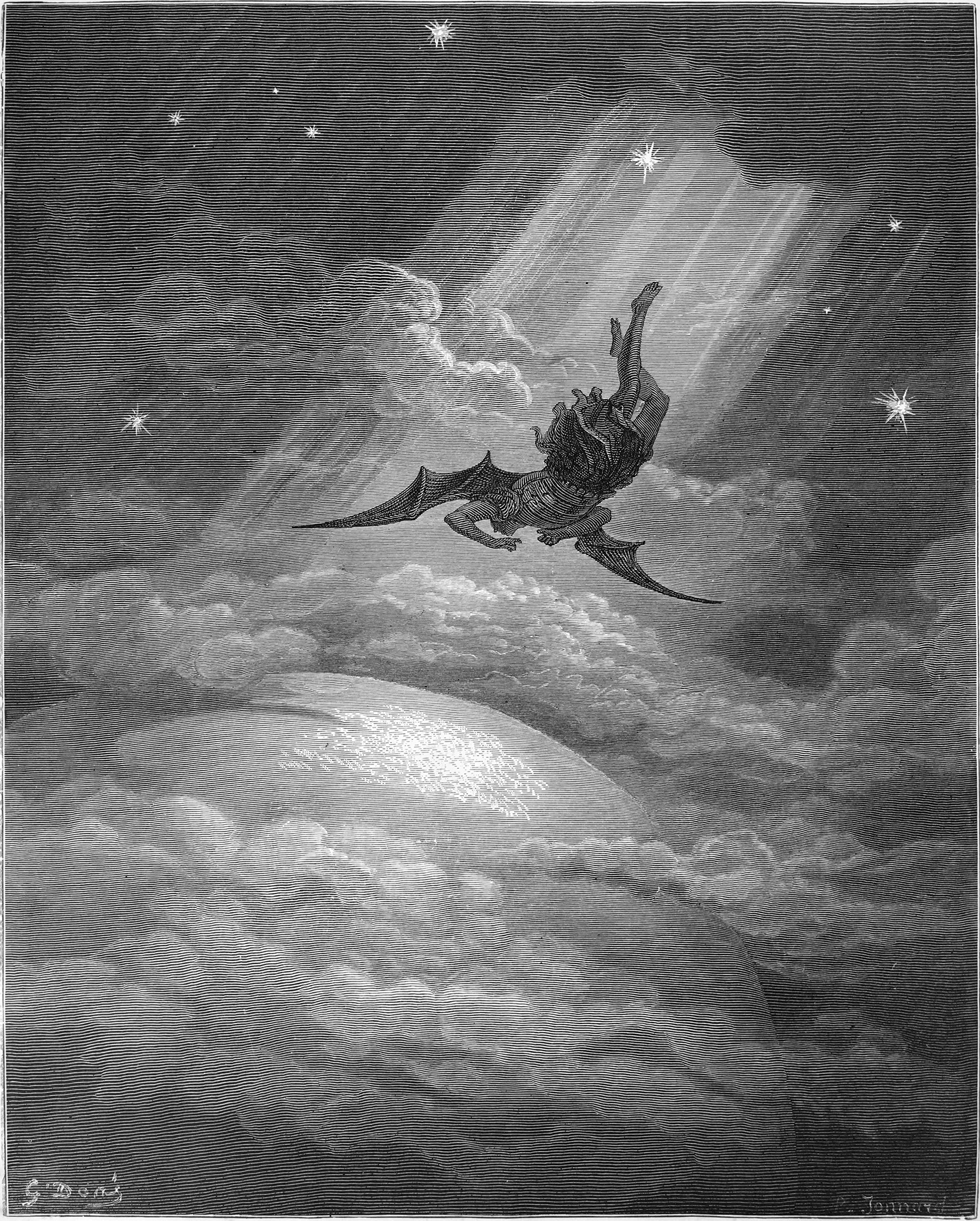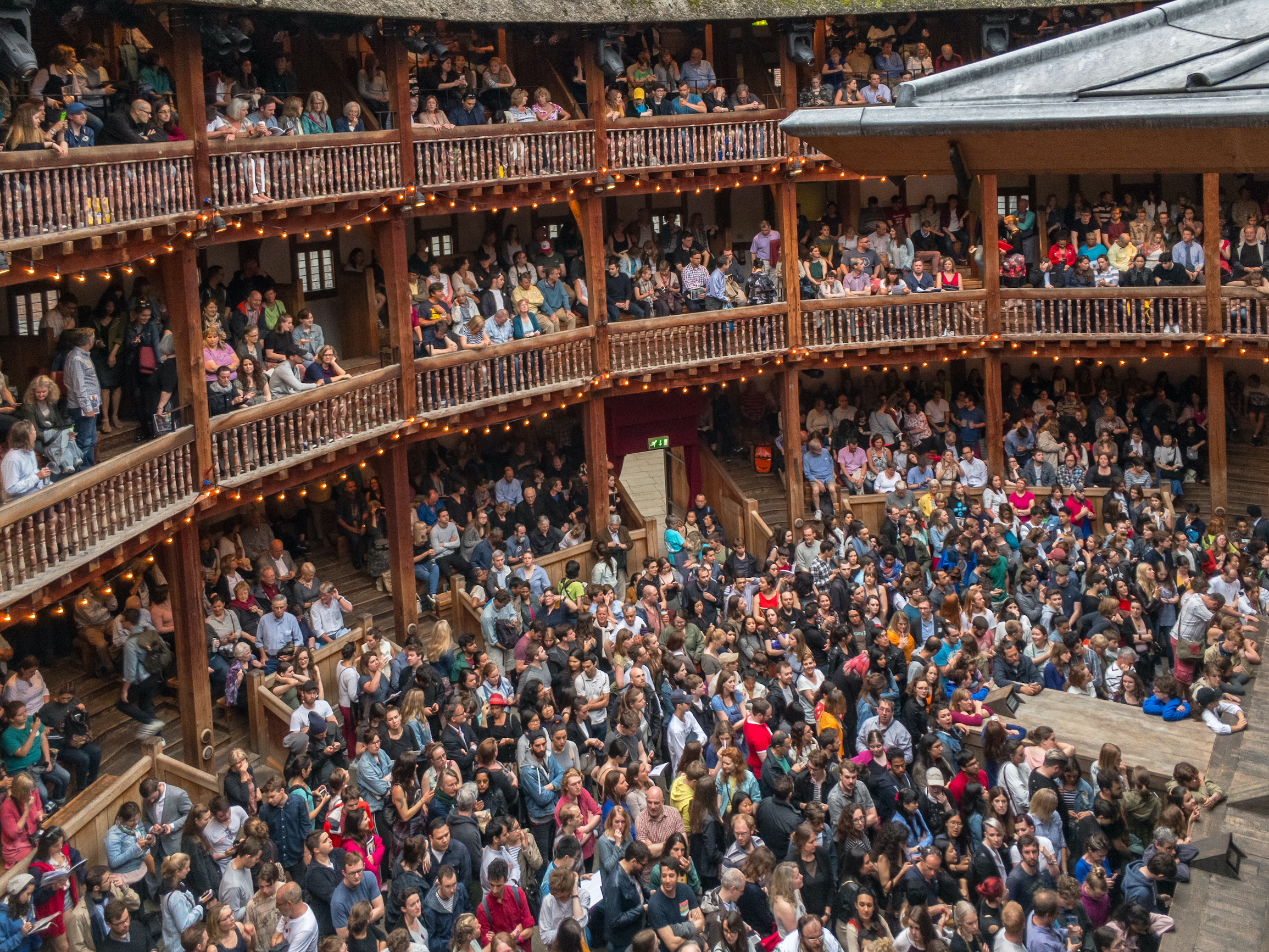Everybody reads in a different way. We have our own intersectional identities based on our upbringings and our identity categories, whether they be gender, culture or faith. So we can’t all be expected to read in the same way.
What’s our entry point when we read literature? Do we enter it from an angle which is already convoluted, with lots of prejudices? When we read Shakespeare, particularly something like Romeo and Juliet, we might already have prejudices from popular culture. When we read something from a culture that’s not our own, we might have a prejudice about that other culture. Are we coming into it biased or not? Are we coming into it wanting to learn or wanting to criticise? This presents the issue of cultural imperialism. We do have a hierarchy of culture, not just around the world but even within one culture.


